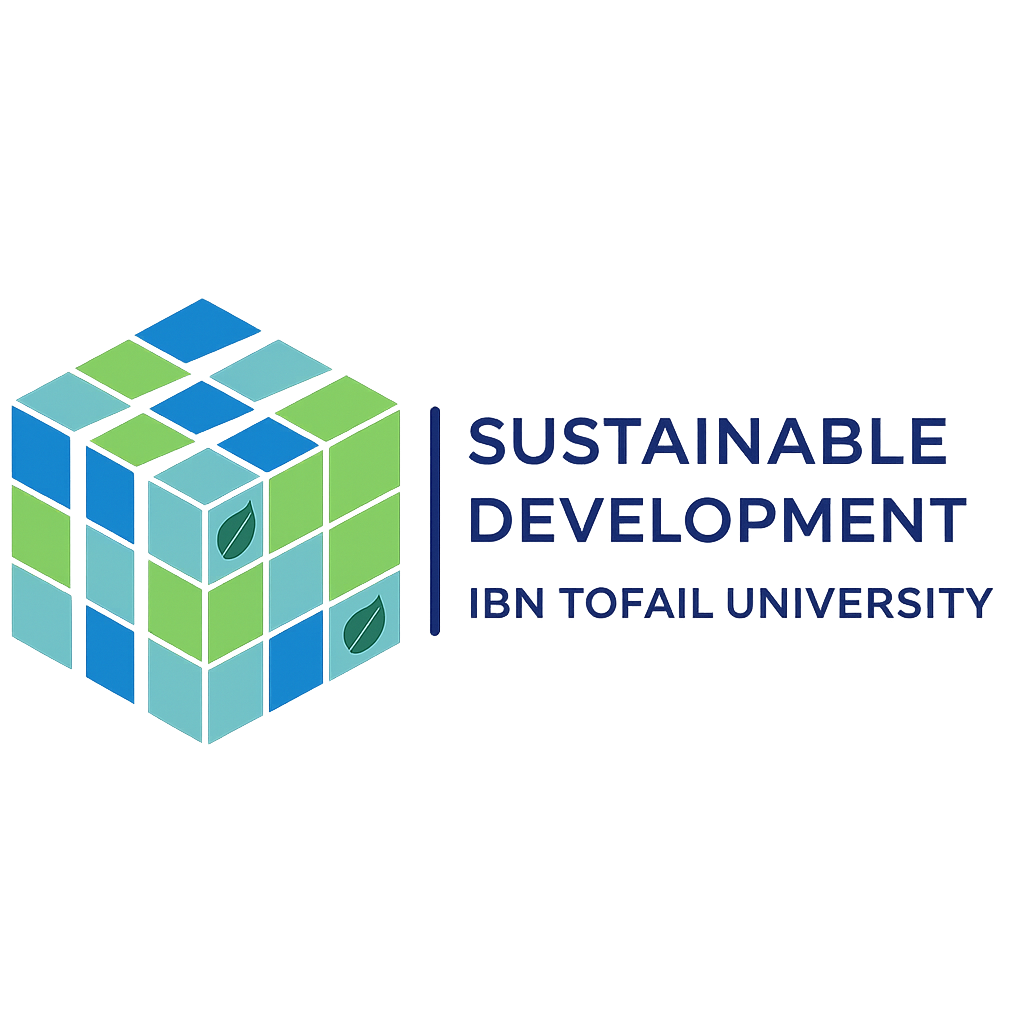Event: August 25–29, 2025
Partner: (ICLEI Africa Local Governments for Sustainability) – Ibn Tofail University –(GIZ – Deutsche Gesellschaft für Internationale Zusammenarbeit) – Ministry of the Interior,Kingdom of Morocco
Water scarcity is no longer a distant threat for Morocco; it is a pressing national reality. With seven consecutive years of drought and only 600 cubic meters of renewable water per person annually, Morocco faces acute water stress. At World Water Week 2025 in Stockholm, Morocco presented a bold vision to address this crisis through circular water solutions. The event, themed “Water for Climate Action,” served as a platform for the country to share its integrated approach to water resilience, grounded in national strategy and driven by local innovation.

Leading Morocco’s presence was the Urban Circular Water Resilience Initiative (UCWRI), coordinated by ICLEI and supported by GIZ with funding from the German Federal Ministry for Economic Cooperation and Development. This initiative complements Morocco’s National Water Plan 2020–2050 and its forthcoming National Circular Economy Roadmap, both of which prioritize reuse, ecosystem restoration, and decentralized water systems. A central highlight of the event was the launch of the UCWRI Compendium of Good Practices, featuring 12 global case studies; three of them from Morocco.
While cities such as Zenata and Safi illustrated urban and industrial applications of circular water systems, the focus was placed on Ibn Tofail University in Kenitra, which emerged as a national model for academic and community-led water innovation. The university’s Living Lab, spearheaded by Professor Sakina Belhamidi, is a full-scale demonstration site that bridges technology, education, and sustainability.

Beyond its technical impact, the Living Lab plays a critical educational role. It serves as a training ground for engineering students, municipal staff, and water professionals across Morocco. Hundreds have participated in workshops, field visits, and technical exchanges at the station, gaining practical skills in water reuse and system maintenance. The model promotes decentralized infrastructure that is both scalable and tailored to local needs. It supports national ambitions to mainstream circular economy principles in all urban areas.
At the session titled “Climate Urban Resilience Through Water Circular Economy in Morocco”, Professor Belhamidi shared the lab’s outcomes and national relevance. She emphasized the value of applying scientific research to real-world challenges and building local expertise that sustains innovation over time. Her presentation highlighted the Kenitra lab not just as a project, but as a platform for systems thinking, circularity, and inclusive capacity-building.
Alongside contributions from cities such as Safi and Zenata, Ibn Tofail University in Kenitra presented a well-documented example of local innovation in circular water management. The university’s Living Lab, launched in 2019, treats 400–500 m³ of wastewater per day using membrane bioreactor (MBR) technology. This treated water is reused through a gravity-fed subsurface irrigation system, covering more than 25% of the university’s green spaces. The reuse system has contributed to a 70% reduction in potable water use on campus.
The station includes photovoltaic panels to reduce grid electricity use, and all operational and water quality parameters are monitored in real time using an IoT platform. The initiative also incorporates nature-based solutions and supports local climate regulation through vegetation restoration and green infrastructure. By preventing untreated discharges, the system also helps reduce pressure on the Sebou River.
From an educational perspective, the Living Lab is an open training site. More than 500 students, technicians, local government representatives, and partners have participated in training programs and technical visits. The lab supports Morocco’s goals to localize and scale circular water practices and to connect academic research with municipal operations. Rather than presenting itself as a singular success, Ibn Tofail’s initiative stands in solidarity with broader national efforts, sharing technical knowledge and capacity with peer institutions and municipalities. It contributes to the UCWRI’s objective to enable Moroccan cities to act as learning hubs in a regional circular water network.
The impact of UIT’s work extends beyond the university walls. Through the Sidi Taïbi Hybrid Water and Energy Station, over 4,000 rural students now receive 12 cubic meters of clean drinking water daily, replacing polluted wells with renewable-powered purity. This initiative doesn’t just provide water; it restores dignity, health, and opportunity. By transforming local challenges into replicable models, UIT helps shape Morocco’s path toward equitable and climate-resilient communities.
The Water Circular Economy presented during the session thus emerged not merely as a policy or technical model but as a philosophy of regeneration, where waste becomes a resource, and every end is another beginning. It embodies Morocco’s determination to face its water crisis with intelligence and solidarity, blending innovation with deep respect for nature’s cycles.

In a time when the world debates scarcity, Ibn Tofail University teaches renewal. Its vision proves that universities are not only places of learning but laboratories of transformation; spaces where the future is not discussed but built. Through research, collaboration, and human conviction, UIT reminds us that water, like knowledge, must never end where it is used.
At World Water Week 2025, this truth resonated deeply as Morocco’s approach to circular water resilience was celebrated not only through policies but through living examples of innovation. The Ibn Tofail University Living Lab stands among these examples as a powerful symbol of what is possible when knowledge meets purpose. By transforming its campus into a living ecosystem, where wastewater becomes life, learning becomes practice, and research becomes renewal, the university demonstrates how sustainability is built drop by drop. It embodies the conviction that the future of water security lies in collaboration, creativity, and respect for the cycles that sustain all life.
